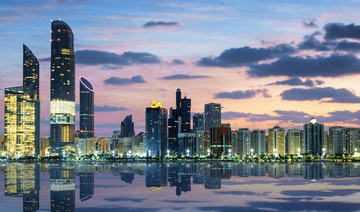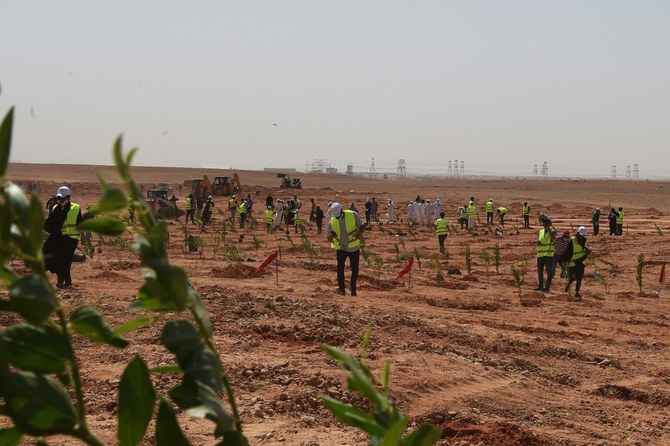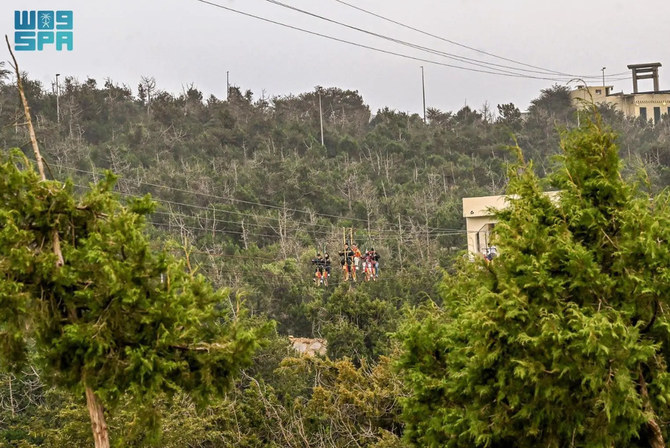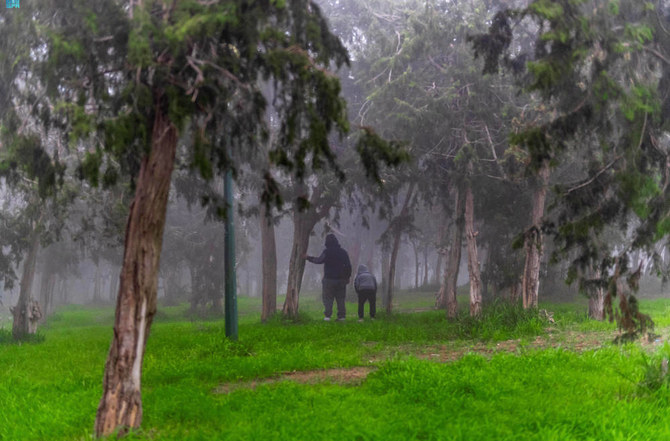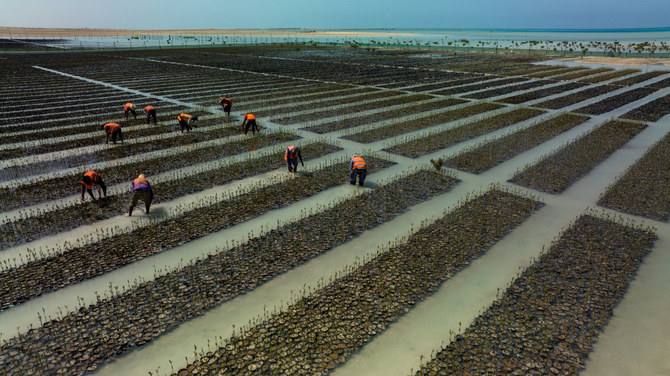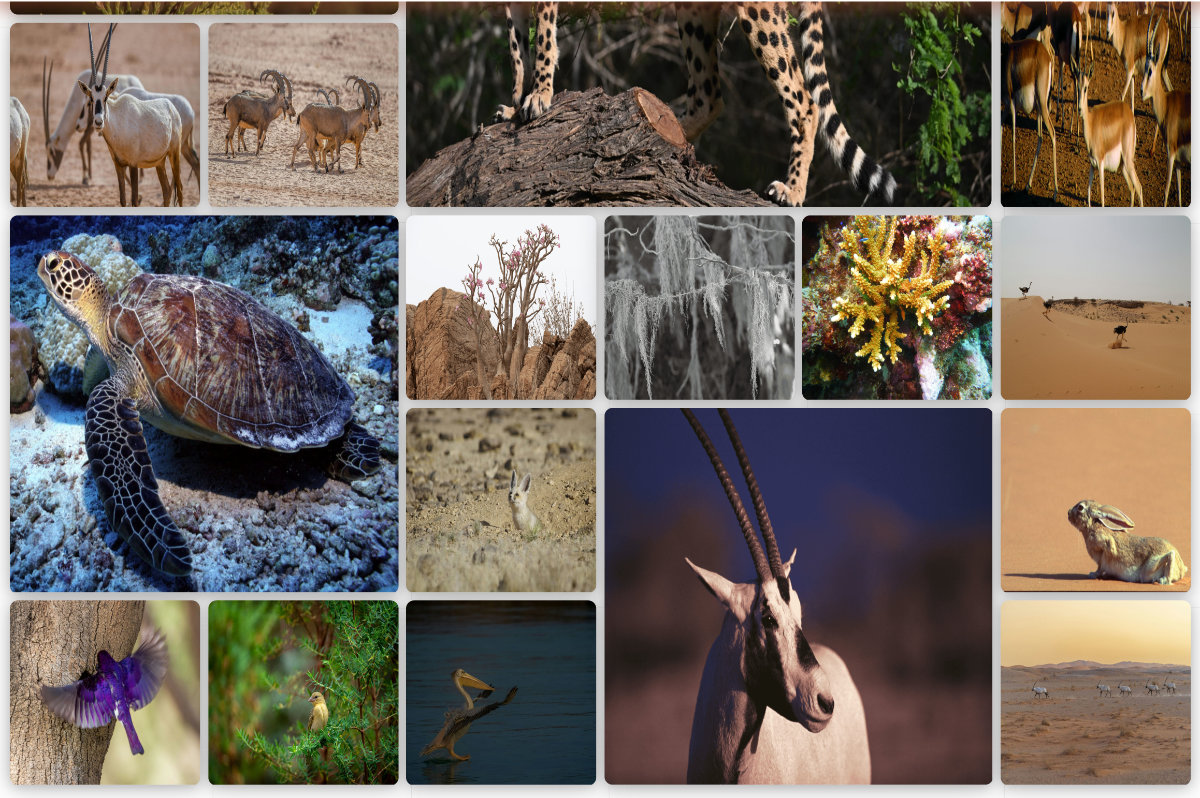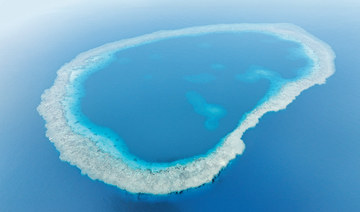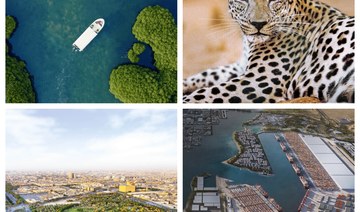DUBAI: Saudi Arabia’s foreign ministry condemned “repeated” Houthi attacks on civilians and vital facilities in the south of the Kingdom and Abu Dhabi.
The UAE’s defense ministry said it had shot down two Houthi missiles targeting Abu Dhabi on Monday with no casualties reported.
The ministry affirmed its “full readiness to deal with any threats,” adding that it will “take all necessary measures to protect the UAE from any attacks.”
The shootdown of the missiles was aided by “close UAE-US cooperation,” Emirati Ambassador to the US Yousef Al-Otaiba said.
Al-Otaiba added that the “next step is to shut off financial and arms flows from their backers,” and he renewed a call for US President Joe Biden's administration to restore the Houthis to the US list of foreign terrorist groups.
Ambassador Al Otaiba: “Close UAE-US cooperation helped to repel another round of Houthi terror attacks this morning in the UAE.
Next step is to shut off financial and arms flows from their backers. US should move now to put the Houthis back on the terrorist list.”
— UAE Embassy US (@UAEEmbassyUS) January 24, 2022
US National Security Advisor Jake Sullivan met with Al-Otaiba and Saudi Ambassador to the United States Princess Reema bint Bandar to discuss ways to hold the Houthis accountable, a White House statement said.
Mr. Sullivan reiterated the US’ commitment to the security of both the UAE and Saudi Arabia, the statement added.
On Sunday, two residents in Saudi Arabia sustained minor injuries after the Houthis fired a ballistic missile that fell in the industrial area of Ahad Al-Masarihah, Jazan. Another missile was intercepted over Dhahran Al-Janub on Monday.
Shortly after, the Coalition to Restore Legitimacy in Yemen said a ballistic missile launcher had been destroyed in the country’s Al-Jouf governorate.
The United States Central Command said US forces at Al-Dhafra Air Base in the UAE had engaged two Houthi missiles used to attack the Gulf country in the early morning hours of Monday alongside the Emirati armed forces.
“US forces at Al-Dhafra Air Base, near Abu Dhabi in the UAE, engaged two inbound missile threats with multiple Patriot interceptors coincident to efforts by the armed forces of the UAE in the early morning hours of Jan. 24, 2022,” it said.

The Kingdom's foreign ministry said it rejects all terrorist Houthi attacks on Saudi Arabia, the UAE, and the international shipping corridors in the Red Sea.
It said that the Houthi militia continues to carry out terrorist acts with the aim of destabilizing the security and stability of the region, and is wreaking havoc in Yemen resulting in the deaths of Yemenis.
The ministry urged the UN Security Council and the international community to put an end to aggressive Houthi “behavior to maintain international peace and security.”
It added that the militia’s insistence on the repeated attacks is a challenge to the international community and “a clear violation of the rules of international humanitarian law.”
It also confirms the danger of Houthi behavior to the security and stability of the region, the ministry added.
The UAE also strongly condemned the “evil” Houthi attack on Abu Dhabi with two ballistic missiles, and stressed the incident would not go without response.
“The UAE reserves the right to respond to these terrorist attacks and this sinister criminal escalation,” the country’s foreign ministry said.
The Houthi militia continues its crimes unchecked in an effort to spread terrorism and chaos in the region to achieve its illegal aims and objectives, the ministry added.
It called on the international community to condemn and completely reject these terrorist acts that target civilians and civilian facilities.
The UAE’s foreign ministry also condemned and denounced the Houthi attack on Jazan.
The ministry said the attack is a dangerous escalation and a cowardly act that threatens the security, safety, and lives of civilians.
The ministry also reiterated the UAE's full solidarity with the Kingdom in the face of these terrorist attacks, and said the security of the country and that of the Kingdom is indivisible.
The Arab Interior Ministers Council issued a statement saying it was greatly saddened by the news of the attack, which reflects the militia’s continued aggressive approach and its goals aimed at threatening security, stability and peace in the Arab region, its blatant defiance of the international community, and its rejection of all endeavors and initiatives aimed at bringing peace to Yemen.
The Arab Parliament warned of the dangerous escalation in Houthi attacks against Saudi Arabia and the UAE, saying they posed a threat to the Arab national security system in general, and the Gulf in particular. It also called for the classifying the Houthis as a terrorist organization.
The Gulf Cooperation Council said the continuation of terrorist Houthi attacks reflects their blatant defiance of the international community, disregard for all international laws, and rejection of all efforts aimed at bringing peace to Yemen.
The US condemned the Houthi missile attack on the UAE and reaffirmed a policy of strengthening the defenses of the UAE and Saudi Arabia.
The Muslim World League called on the international community “to take a decisive stance against these terrorist crimes that exploit the Coalition in Yemen’s commitment to Islamic and humanitarian values and international laws and norms in the face of Houthi terrorism.”
The Organization of Islamic Cooperation condemned the persistent attacks targeting populated areas and affirmed its solidarity with the Kingdom and the UAE.
Bahrain strongly condemned the Houthi attacks and affirmed its support for Saudi Arabia, the UAE, and all measures taken by the countries to maintain security and stability, and ensure the safety of their citizens and residents.
Similarly, Kuwait condemned the attacks and stressed the need for an international stance against the militia.
Egypt expressed its “strong condemnation” of continued terrorist attacks by Yemen’s Iran-backed Houthi militia.
“The Houthi militia’s continuation of these cowardly attacks against the two countries is a clear threat to their security and stability, and the safety of their citizens and residents on their lands, in addition to a grave violation of the rules of international law,” said Egypt’s Foreign Ministry.
And Cairo reaffirmed its “full solidarity” with Saudi Arabia and the UAE, and its “support for all measures taken by the two brotherly countries to confront these cowardly terrorist attacks and preserve their security and stability.”
Jordan and Libya issued similar statements strongly condemning the attacks and expressing their full solidarity with Saudi Arabia and the UAE.
The US mission to Saudi Arabia strongly condemned Sunday’s Houthi attack on Jazan.
“We reiterate our commitment to the security of Saudi Arabia,” the mission said.
It also called on the Houthis to “cease immediately their attacks on civilians and to engage under UN auspices to find a political solution to the conflict.”
France’s foreign ministry and Hungary said they renews their support for Saudi Arabia and the UAE and condemned Houthi attacks on the countries.
Turkey’s foreign ministry said the attacks against both countries were a clear violation of international law.




